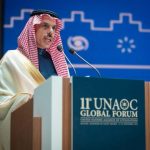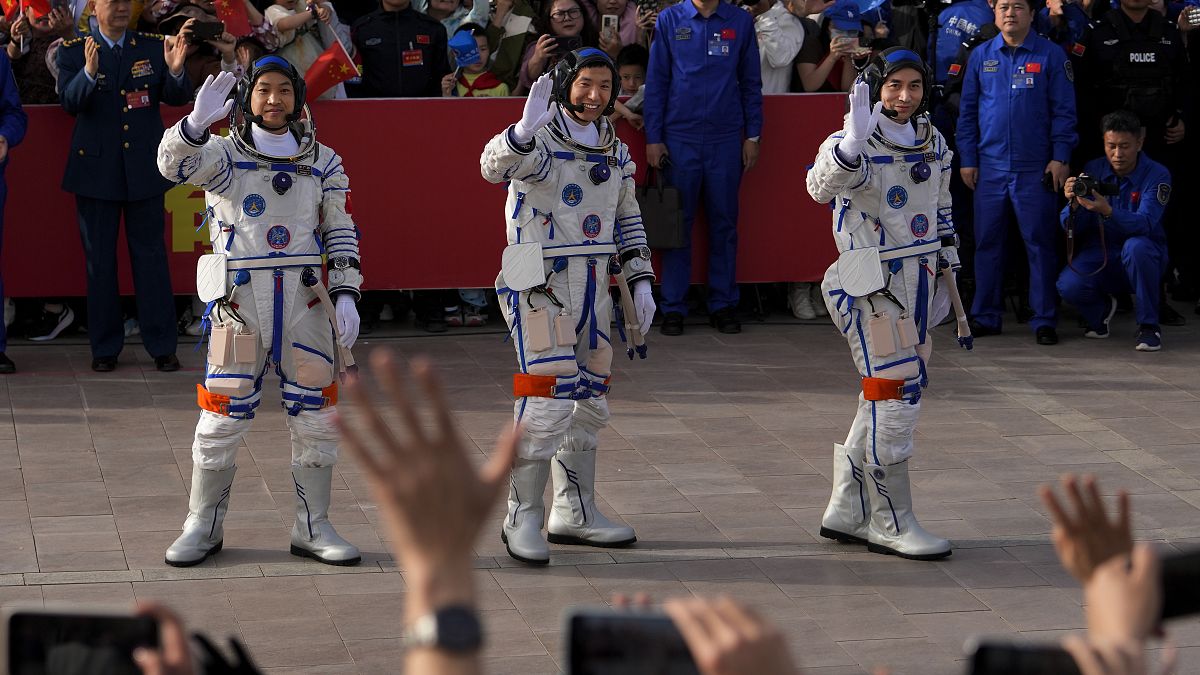After a successful six-month mission in space, three Chinese astronauts have returned to Earth from the Tiangong space station. The Shenzhou-18 crew, consisting of astronauts Ye Guangfu, Li Cong, and Li Guangsu, landed safely in China’s inner Mongolian region. The mission was full of scientific exploration, with the astronauts conducting numerous experiments in space medicine, basic physics, and space life sciences. The Chinese government broadcaster Xinhua reported that all three astronauts are in good health, marking the mission as a success.
The Tiangong space station, which was completed two years ago, orbits the Earth and serves as a platform for China’s space exploration efforts. Despite China being excluded from the International Space Station program, where astronauts from various nations collaborate, the Chinese space station has seen multiple successful missions with only Chinese astronauts on board. However, there are discussions underway to potentially select and train astronauts from other nations to join future missions, according to a spokesperson from China’s space agency as reported by Xinhua.
The recently returned Shenzhou-18 crew welcomed a replacement three-person team last week for another six-month stay on the Tiangong space station. The new team, consisting of one woman and two men, will continue conducting experiments, carrying out spacewalks, and installing equipment to protect the station from space debris. These missions are part of China’s broader goal to become a leader in space science research by 2050 and to land a person on the Moon by 2030, thereby showcasing the country’s increasing capabilities in space exploration.
China’s ambitious space program has made significant progress in recent years, with the successful completion of the Tiangong space station and multiple crewed missions. The country’s long-term goals in space exploration align with its strategic vision to become a key player in scientific research and space technology. By investing in the development of advanced space infrastructure and fostering international collaborations, China aims to further expand its presence in space and contribute to humanity’s collective knowledge of the universe.
As China continues to make strides in space exploration, the successful return of the Shenzhou-18 crew highlights the country’s growing expertise in human spaceflight. With plans to further diversify its astronaut corps and collaborate with other nations on future missions, China is poised to play a significant role in shaping the future of space exploration. By leveraging its technological capabilities and scientific expertise, China’s space program is well-positioned to achieve its ambitious goals and contribute to the global advancement of space science.










